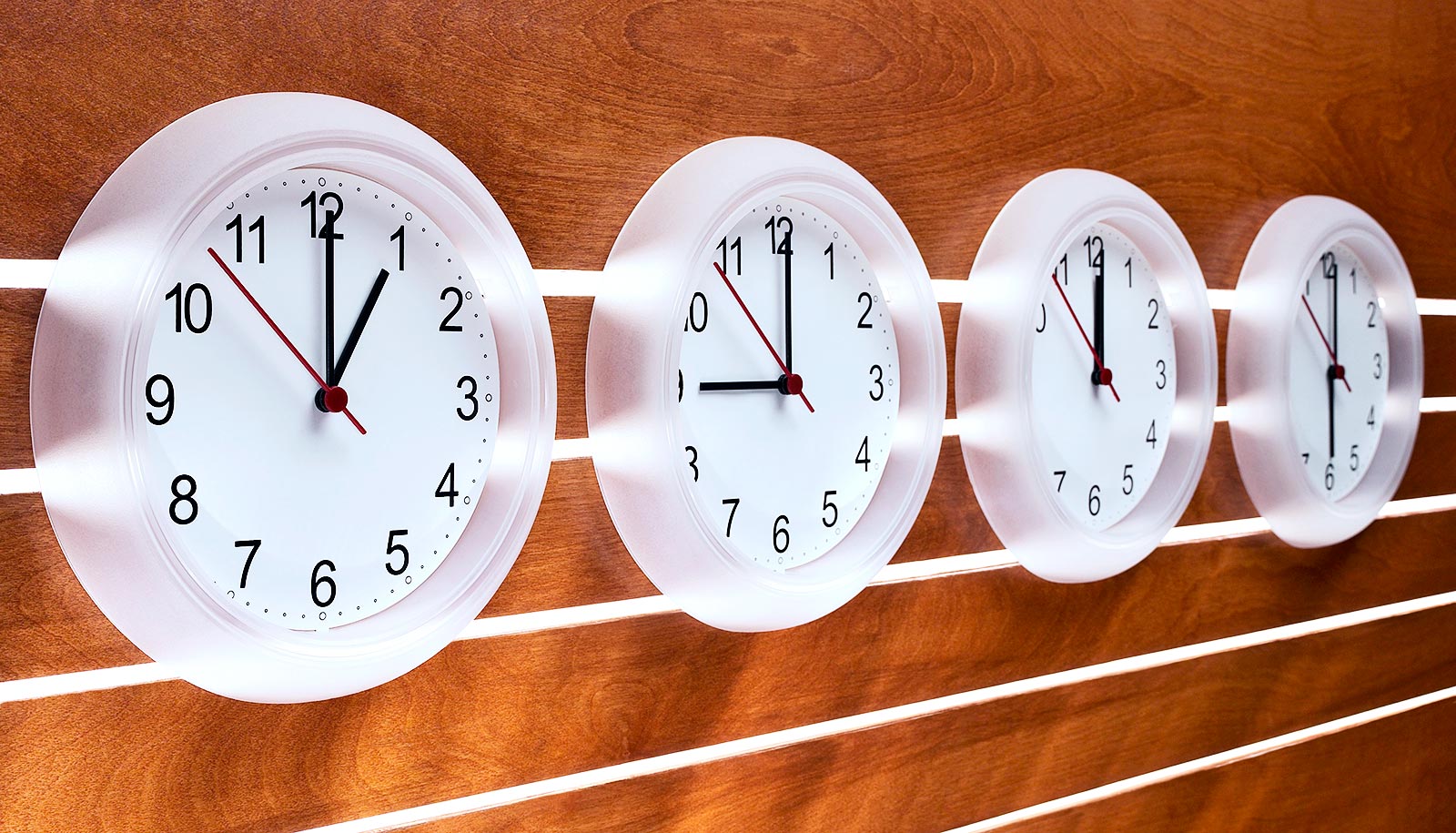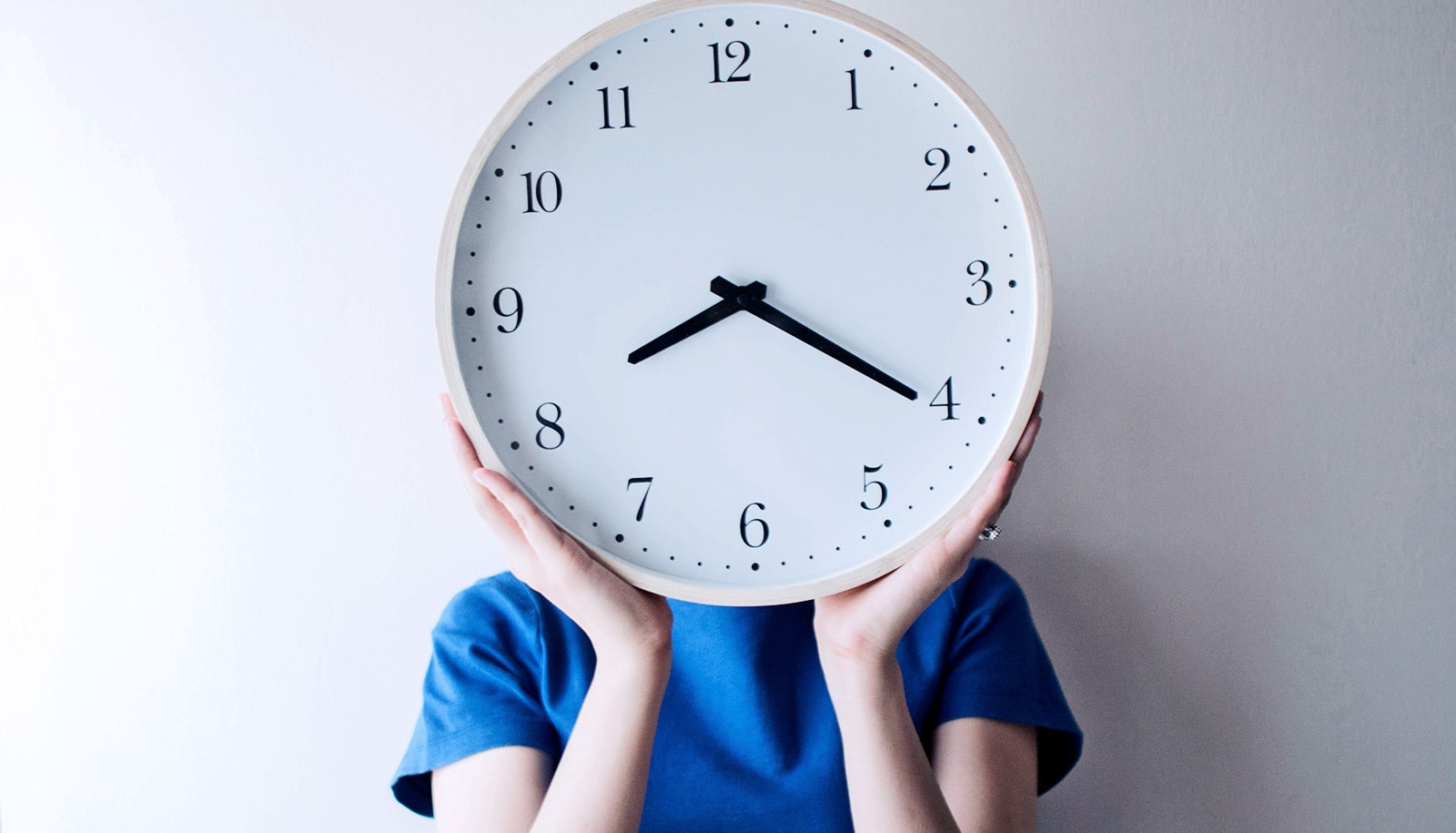Recently, researchers developed a new blood test that can reveal if an individual’s circadian rhythm is running too fast or too slow. The test has the potential to advance treatments of a variety of disorders and diseases.
In this podcast, Phyllis Zee explains the test and how circadian clocks have an impact far beyond sleep.
Zee is the chief of sleep medicine in the neurology department at Northwestern University’s Feinberg School of Medicine, a professor of neurology, and director for the Center for Circadian and Sleep Medicine.
About 70 million Americans suffer from sleep problems such as sleep apnea, insomnia, and restless leg syndrome. But physicians often miss circadian rhythm sleep-wake disorders, Zee says.
“They present like somebody who may have insomnia or somebody who may have what we call hypersomnia, excessive daytime sleepiness, but it’s actually due to an alteration or pathology in the circadian clock system,” she says.
Everyone has an internal clock that produces circadian rhythms, intrinsic rhythms that keep a time of approximately 24 hours. Light-dark cycles don’t drive them; instead, these rhythms are generated at a molecular level. This circadian clock system exists in every single cell of the human body and is regulated by a core clock genetic mechanism. There are also more than 10 “clock genes” that reside in the nucleus of cells and produce proteins that determine whether you are a “night owl” or “morning lark.”
“How quickly these proteins get degradated in the cytoplasm determines whether you’re going to be an owl or a lark. So if you’re an owl, it is because your clock genetic system is taking a little slower than the 24-hour cycle,” Zee says. “If you’re a lark (your clock) is probably going a little faster. That’s why larks wake up early, because they finished that circadian cycle, that molecular circadian cycle, a little faster than the rotation of the earth on its axis around the sun.”
Zee was part of the research team that developed the blood test to identify individuals’ precise internal clock times as compared to external time. The test, called Time Signature, requires only two blood draws. Previously, measurements this precise required a costly and laborious process of taking samples every hour over a span of multiple hours.
“This is a first step towards providing what I call a biomarker, a time based biomarker, for circadian timing, and it isn’t just for sleep,” Zee says.
The blood test could advance personalized medicine and help physicians determine the best time of the day for a person to take certain medications, such as blood pressure medication, and other medications that target “clock genes.”
“We can maximize not just the effectiveness, but also decrease the side effects of medications,” Zee says.
The recent paper about Time Signature test is a proof of concept, to show that it works, Zee says. The researchers performed the study with healthy young people; next it will move into patient populations.
The study outlining the test appears in the Proceedings of the National Academy of Sciences.
Source: Northwestern University



